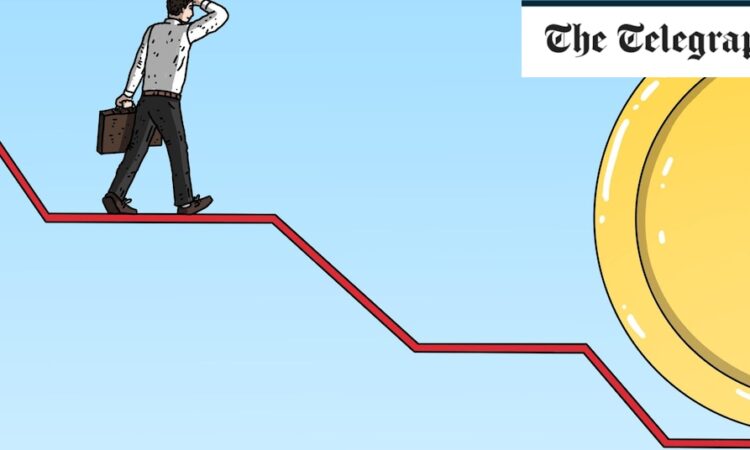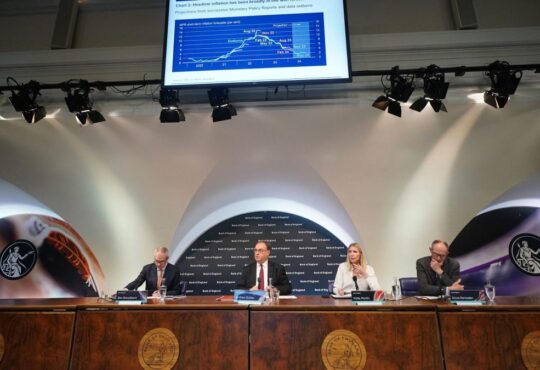
Remember you will pay an annual management fee on top of whatever your stockbroker charges to hold your investment on its platform.
Stockbrokers fees differ widely, depending on the type of asset you own. Hargreaves Lansdown, for example, has a reputation for being expensive – it charges 0.45pc to hold funds, above many of its competitors. But the broker, Britian’s biggest, caps charges for holding investment trusts at just £45 a year.
Looking for less risk?
Bentley Reid’s Mr Clark said investors should also consider bonds.
He said: “Previously, bond yields were too low to entertain a meaningful allocation to high quality government and/or corporate debt for clients seeking an uplift on their cash savings rates.
“Now, however, bond yields are still trading at multi-decade highs so this more defensive exposure is very much back in vogue for more conservative savers and investors, particularly with cash deposit rates likely to decline modestly over the coming months.”
For investors seeking this defensive exposure, Dzmitry Lipski, of broker Interactive Investor, picked out the L&G Short Dated Sterling Corporate Bond Index fund.
Given its exposure to company bonds with less than five years to maturity, the fund tends to be “less sensitive to changes in interest rates” than its long-dated counterparts. It charges 0.14pc and is currently yielding 4pc.
For those wanting to add government debt to their portfolio, Lipski recommended the iShares UK Gilts 0-5yr ETF, available for an annual fee of 0.07pc and offering a yield just shy of 4pc.
On the lowest end of the risk spectrum are “money market” funds, which invests in a range of low-risk assets with the aim of preserving capital net of fees.
Mr Lipski’s pick is the Royal London Short-Term Money Market fund, available for a 0.1pc fee and offering a yield in excess of 5pc, although he suggested these kinds of funds should only make up a small portion of your portfolio – roughly 5pc.
With savings rates destined to fall, and soon, it is a good moment to consider reducing the amount you hold on deposit but, remember, anything invested should be considered locked up for at least three years, and preferably a minimum of five. Over the long term, investments offer better capital return, but, unlike savings accounts, this comes with volatility.
Be sure that any move away from your cash savings account doesn’t eat into your rainy day pot, which should hold at least three months’ worth of outgoings.






